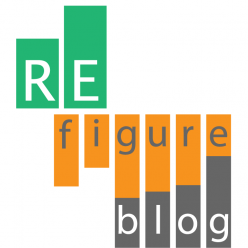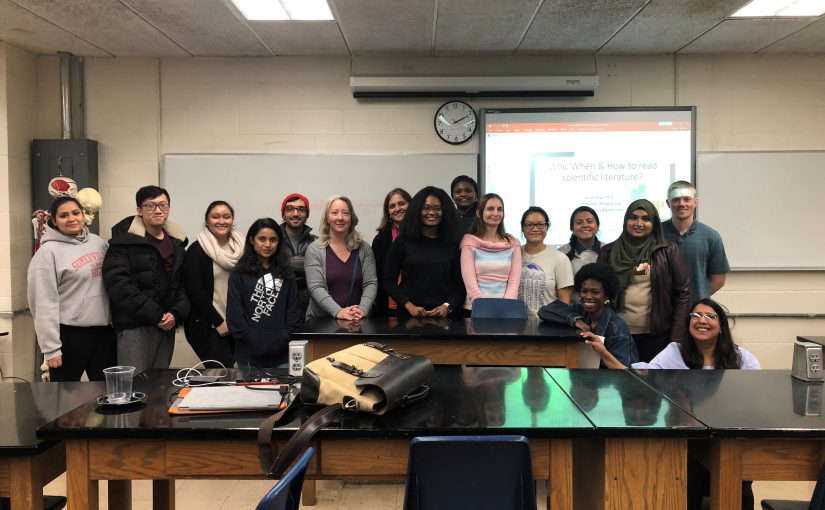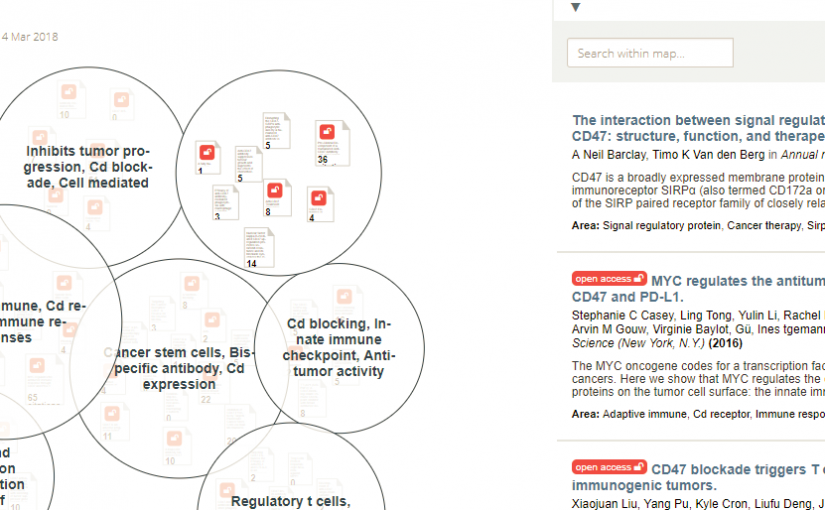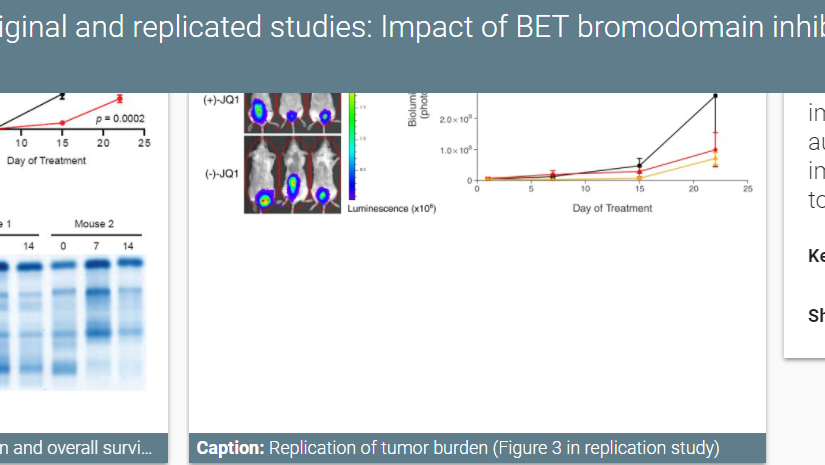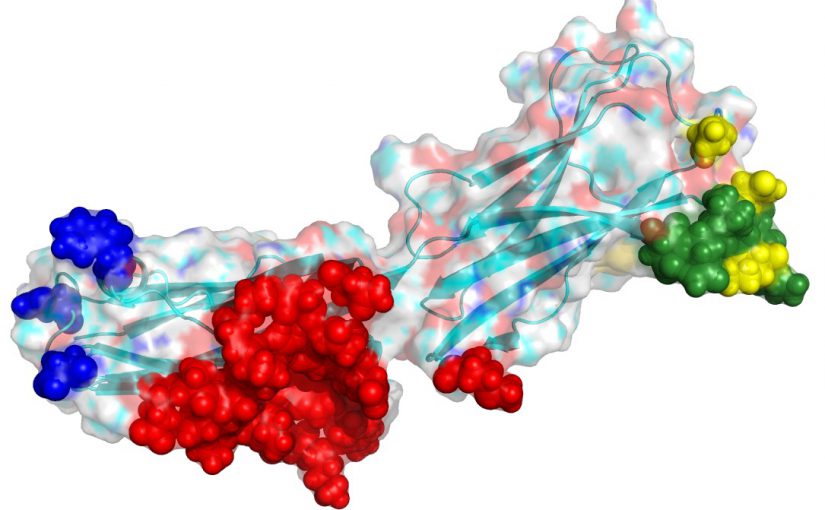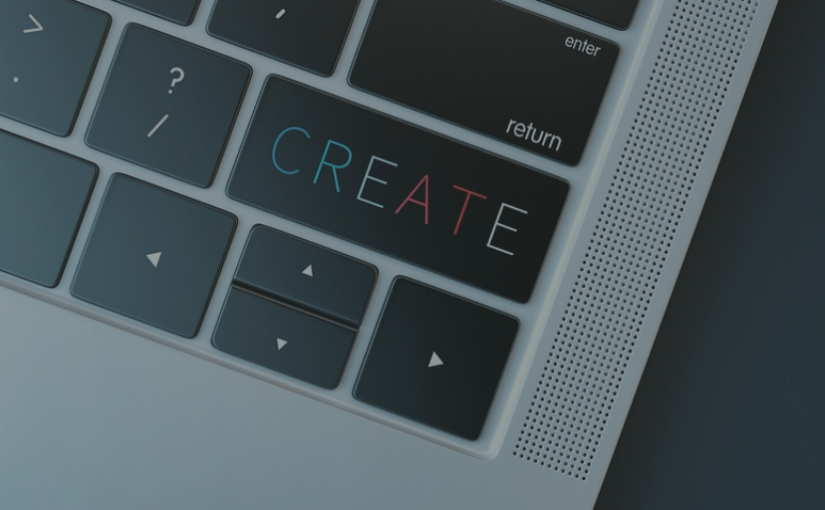The undergraduate course offered by ReFigure taught me a lot. First and foremost, I’ve learned to pay attention to figures in scientific articles and analyze the information reflected in figures and their corresponding legends. One piece of advice I constantly heard from college professors about reading the papers was: “Pay special attention to figures”. However, it was very easy to ignore that advice and slip into a habit of simply reading the article, trying to understand every single word and paying very little attention to figures. Continue reading Feedback on the ReFigure Undergraduate Course
Category: About REfigure
Week 2: Let’s start reading papers and creating research outputs!
This is Week 2 of the ReFigure Undergraduate Research Course. Click for introduction and Week 1. As promised you are going to start diving into the topic of your choice and creating outputs that demonstrate your learning. This week’s video is great at explaining how to read papers and was made by Kishwaukee College Library. Continue reading Week 2: Let’s start reading papers and creating research outputs!
Free Course: find, read, share papers and conduct literature reviews
Welcome to the a free online course designed by ReFigure team for undergrads, masters and PhD students.
Learning objectives Continue reading Free Course: find, read, share papers and conduct literature reviews
Why, Where and How to read scientific literature
October 22-26 was the first statewide STEM week, to accelerate student engagement in science and technology. Bunker Hill Community College participated in STEM week with various presentations and demos to students.
ReFigure’s presentation was an introductory, interactive session to introduce Community College to scientific literature, new tools to make finding, reading scientific literature easy and finally to build an online presence by sharing scientitic news. Continue reading Why, Where and How to read scientific literature
A partnership with Open Knowledge Maps
If you have ever done a PubMed search and wondered how to get meaningful insight from hundreds of papers, a new tool called Open Knowledge Maps is a great option. It categorizes the top 100 hits into clusters with common themes using an open source code . For instance, the image here that shows part of the Knowledge Map for the protein CD47, currently in the news for immunotherapy and due to the cancer reproducibility project. Conveniently, Open Knowledge Maps also provides direct links and PDFs of papers that are available on PubMed Central. In case you are outside the biomedical domain, Open Knowledge Maps also works with BASE, a general-purpose academic search engine, currently indexing 125 million scientific documents from all disciplines.
We are proud to announce that we are partnering with Open Knowledge Maps to explore our complementary platforms might work together. Continue reading A partnership with Open Knowledge Maps
Is your science communication strategy outdated?
Scientific results underscore critical advances in life giving therapies, manufacturing and defense. But science communication is mired in a 300 year old model. Finding new technologies takes years, there is reproducibility crisis, and taxpayers and congress distrust science. 40 million people/month read and think about papers in the US alone. And 100,000s of scientists conduct experiments. How can we tap into this collective insight with ease, efficiency and impact? Continue reading Is your science communication strategy outdated?
Sharing replication insights with ReFigure
Have you tried to replicate a published experiment? Do you know of studies that test the same hypothesis? REFIGURE reveals this knowledge to improve science reproducibility. ReFigure is a 1-click tool that enables researchers to save and connect figures of interest as editable metapublications on ReFigure.org. You can embed your unpublished replication experiments next to published literature to make your work discoverable. Check out popular reproducibility ReFigures: https://refigure.org/search-results/?from=0&query=reproducibility&size=5&Flagged=0. Save time, get credit and make sure that each experiment you read, or conduct makes an impact. ReFigure beta development was supported by eLife Sciences. Download ReFigure extension: https://chrome.google.com/webstore/search/refigure to get started.
Lost value: Bench scientists looking for antibodies
We invite you to consider this situation that many antibody users face. You start searching for an antibody. Maybe you use Google, Biocompare or Citeab. You find a clone that works for your application and has the conjugate you want (fluorophore, enzyme). You try to find if the manufacturer’s claims are actually true by looking for published figures where the antibody of interest was used in the way you would like to use it. If you are lucky this process takes 20 minutes, if not it then it could take hours.
Continue reading Lost value: Bench scientists looking for antibodies
Antibody reproducibility with ReFigure, a collaboration with Antybuddy
We are pleased to announce the start of a collaboration with Antybuddy, an antibody and protein review platform for crowdsourced independent reviews. These reviews are from bench researchers who have experimented with the antibody. No longer do you have to trust the manufacturer that the antibody works. View existing reviews on Antybuddy.com or contribute your own. As an incentive, Antybuddy has sweepstakes for coupons from antibody manufacturers.
In collaboration with Giancarlo Barone, the founder of Antybuddy, we wanted readers to have access to the published reports for antibodies and to be able to compare their performance across published reports and the independent reviews. Continue reading Antibody reproducibility with ReFigure, a collaboration with Antybuddy
5 easy steps to try out ReFigure (and why you should)
We hear you. Maybe you are too busy to learn, or unsure how ReFigure works, or even shy of creating a ReFigure. Below, we list 5 simple steps to try out ReFigure and how it can help you and science.
Continue reading 5 easy steps to try out ReFigure (and why you should)
